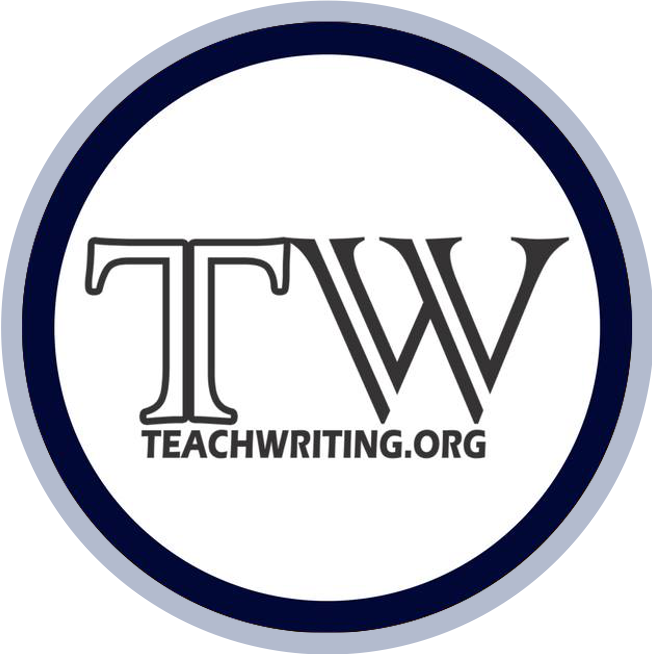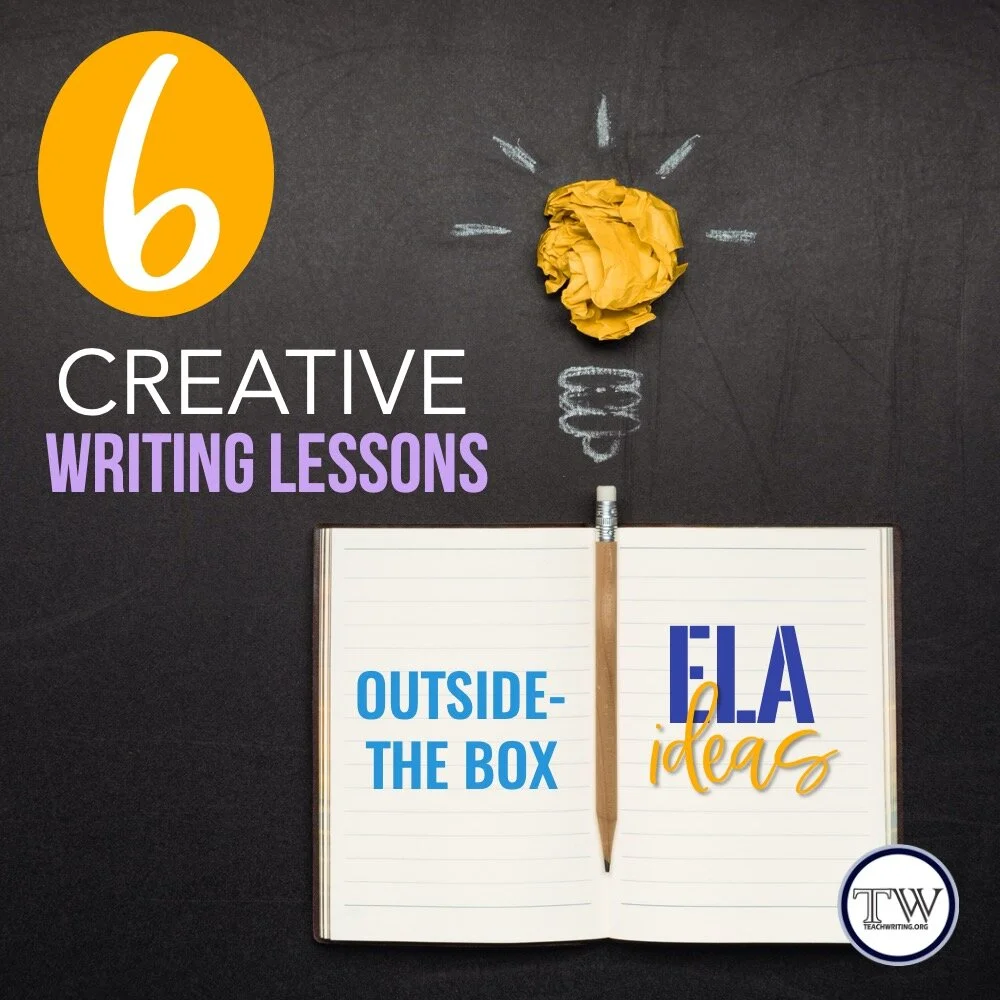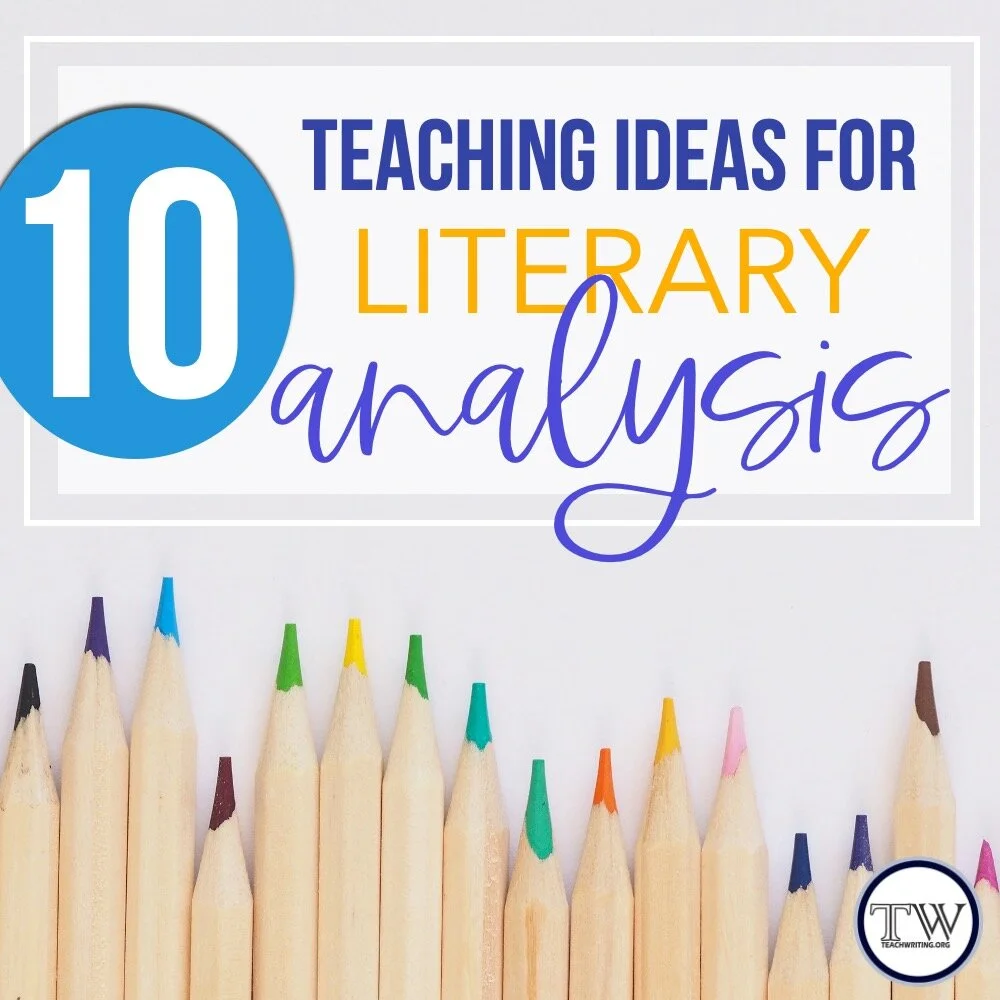Here you'll find 12 engaging mini lessons to integrate teaching reading and writing poetry. Each lesson includes an objective, hook, and activity. There are lots of links to other resources too!
Read MoreWomen’s History Month is a particularly exciting month to celebrate: there are so many brilliant, talented, and inspirational women to honor and that’s what this blog post is all about. The women here are women whose stories always push my students to write creatively, critically, and think about the world in a whole new way.
Read MoreThis blog post includes six steps for teaching students about complete sentences, fragments, and run-on in an engaging way for students. There are examples of complete sentences and fragments included too!
Read MoreHalloween is a fun time of year to lean into the high energy, sugar driven madness of our students. Here is a free download Write the Room activity that can be used in at least two different ways any time of the spooky season!
Read MoreBreaking the writing process up into two powerful sides of the brain can help students be more effective in the writing process. Let’s look at four different techniques to make this happen in the high school English classroom.
Read MoreStart the year in writing with routines, rigor, and relationships by assigning a Letter to the Teacher. Here is your step by step walk-thru.
Read MoreCheck out these games to get your students arguing as a means of targeting persuasive skills such as rhetorical analysis and persuasive writing/ speaking. — by Bespoke ELA
Read MoreHere are our key skills and strategies we can teach students to help elevate the level of their argumentative writing skills!
Read MoreWe know as English teachers that writing workshop is a foundational approach to writing instruction in the modern classroom. But if you’re like me, I am always searching for new tips, tools, and resources for implementing writer’s workshop— to make it more manageable for me as a teacher as well as more approachable for my students.
Read MoreThere is nothing more exciting than getting to know your new students during the first few days and weeks of school! When I think about back to school lesson planning, I am always eager to create lessons that allow me to get to know my students on both personal and academic levels.
Read MoreEngage middle and high school students in meaningful virtual writing assignments! These digital activities pack powerful learning benefits. Plus, they build confidence in reluctant writers.
Read MoreThe world of teaching changed in a dramatic way due to recent events. Many of us are scrambling to teach completely online for the first time. This is a daunting task that raises many questions. As we work to navigate these solutions together, I have seen a sharing of ideas, resources, tips, and support from teachers all across the globe. Teachers are supporting teachers more than ever before. It makes me so proud of our profession! With this same sense of support, we, as members of the TeachWriting team, wish to offer you some suggestions for writing instruction as we all navigate these uncharted waters.
Read MoreHow do we take the “encyclopedia voice” (Mariconda) many students come into the classroom having been taught, and turn it into Walt Whitman’s much-lauded “barbaric yawp”?
Read MoreDo your students struggle with citing and embedding quotations within their writing? I feel like I teach, reteach, teach again, remind again, comment again and again within feedback about these same skills… all. Year. Long. My Students tend to struggle with the formula for citing that text evidence correctly. I find that they frequently forget to move that end punctuation to after the citation, and they absolutely love to add the abbreviation for page into that citation. I cannot quite figure out why, but they just want to through the letters ‘pg.’ right in the middle of that parenthetical citation.
Read MoreBlending textual evidence into writing is a key skill for writing any academic essay. But year after year, I find that high school students still struggle with this skill, creating run-on sentences or fragments instead of complete sentences. I also find that students can sometimes be confused about where to place the blending stem and how to smoothly transition into the quotation.
Read MoreToday I am going to tell you about formal writing! Of course, I write this opening line in jest. When I think about how many times my secondary students have written that exact initial phrase as part of their first line to an essay, a strong Hulk-like desire to rip papers into shreds comes over me. I assure you that I have never actually ripped up a student essay, but I think we can all agree that reading the following sentences turns us all a little Hulk green:
“After you read this, you will agree that…”
“Today I will prove to you that…”
“I am writing about…”
“I think…”
“I feel…”
AGGGGGHHHHHH!!!!!!!!!
Read MoreA roundup of creative and engaging activities for middle school and high school ELA
Read MoreIn this blog post you will find five mini lesson, in the order I would teach them, for your next informational writing unit. These mini lessons have been created based on standards and using common struggles students face with this type of writing.
Read MoreRead about 10 literary analysis teaching ideas for middle and high school ELA, including engagement and scaffolding strategies.
Read More


![Engage Students in Analyzing, Revising, and Writing Effective Sentences with these 6 Steps [Examples of Incomplete Sentences, Complete Sentences, and Run-ons Included]](https://images.squarespace-cdn.com/content/v1/589b7c3946c3c43e71916cfd/1667000023698-7OS3GCSU463UHX2XTOTP/Copy+of+Copy+of+Teach+Writing++Idea+Pin+Templates+%281300+%C3%97+900+px%29+%28400+%C3%97+400+px%29.png)
















